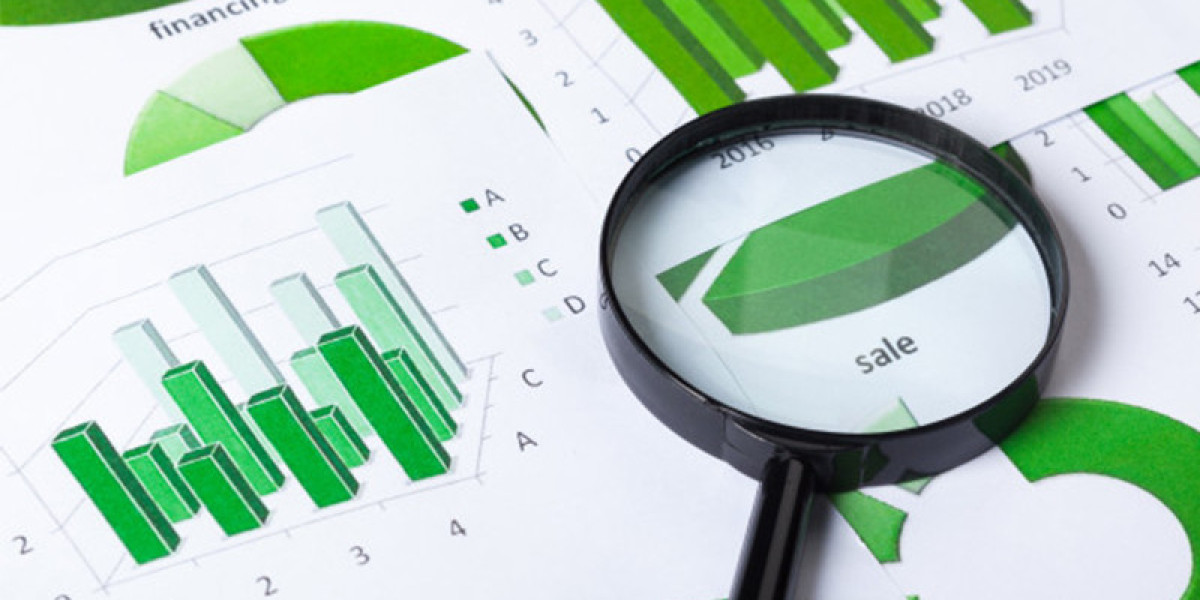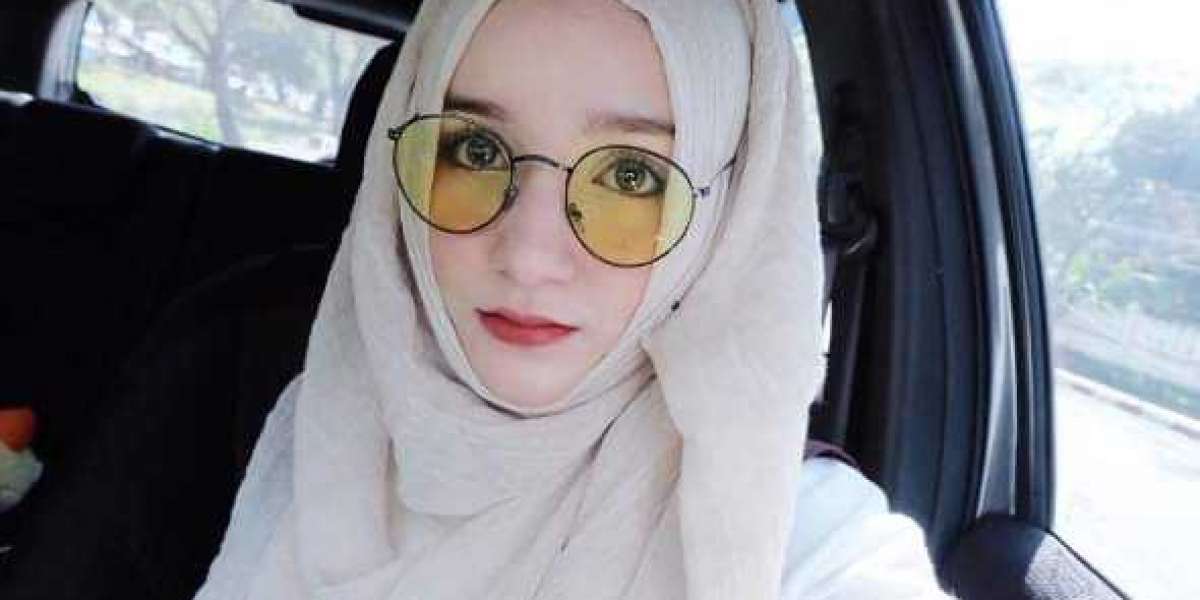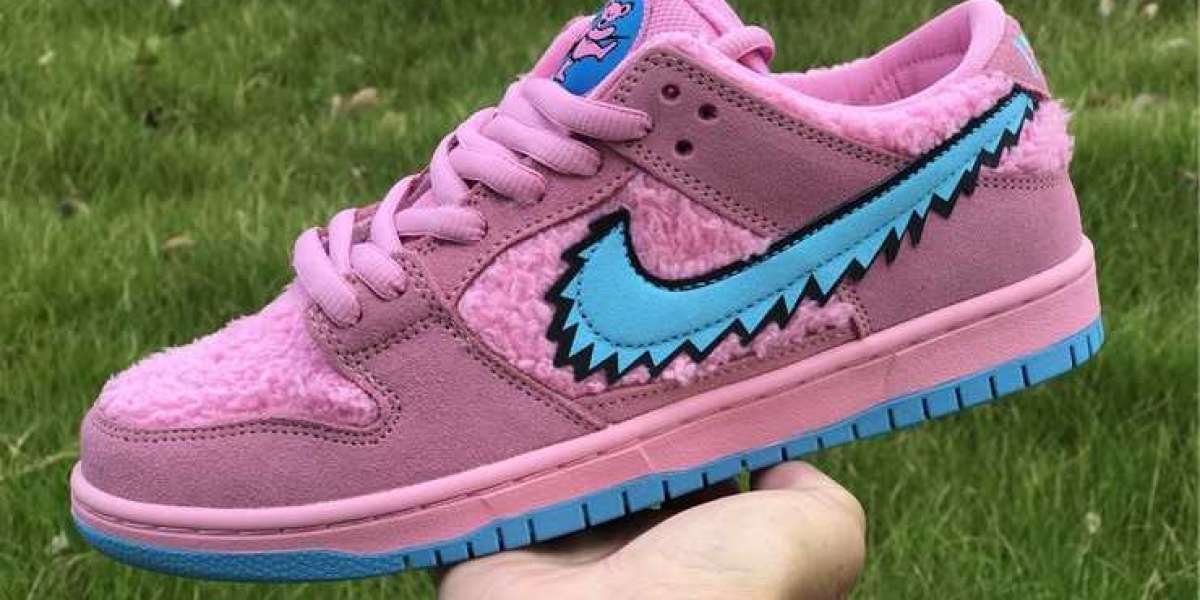Leadership in China’s Communist Party: how general secretary became the country’s top job
This is the first in the South China Morning Post’s series of explainers about China’s Communist Party in the lead-up to the party’s centenary in July. In this piece, Jun Mai looks into the power of the party’s general secretary, and how the role has evolved.To get more news about 100th anniversary of the founding of the communist party of china, you can visit shine news official website.
Xi Jinping is often referred to by his ceremonial role as guojia zhuxi, or “state chairman”, a title usually translated into English as “president”. But it is his position as the party’s general secretary that indicates his top status.
The party’s constitution gives the general secretary the power to convene meetings of its inner circles, the seven-member Politburo Standing Committee and the 25-strong Politburo.
The general secretary is also responsible for the secretariat, a party body that oversees ideology, propaganda and personnel appointments, among other party policy areas.
Since 1993, the general secretary has also tended to be the president as well as chairman of the Central Military Commission (CMC), consolidating power across the party, state and military. The exception was between 2002 and 2004, when Jiang Zemin remained head of the CMC for an extra two years after Hu Jintao took over as general secretary.
But the general secretary has not always been the foremost leader of the party, which has been through many changes to its leadership structure over the past 100 years.While revolutionary Chen Duxiu had a leading role in the party from its foundation in 1921, it was only in 1925 that he was formally elected as its first general secretary, three years after Joseph Stalin introduced a similar title for himself in the Soviet Union.
The supremacy of the general secretary position gave way to a new one after 1945, when Mao Zedong became chairman of the Central Committee, or party chairman, the start of more than three decades of unchallenged rule.
The difference between the general secretary and party chairman is a subtle one. The party chairman role has been described as slightly above the collective leadership, whereas the general secretary role is part of it.
The party chairman became even more influential when the general secretary and president roles disappeared in the first years of the Cultural Revolution, a decade of political turmoil Mao launched in 1966.
That same year, Deng Xiaoping, the then party general secretary, fell out of favour and was dismissed. Two years later, president Liu Shaoqi, initially considered Mao’s successor, was seen as a threat by Mao and expelled from the party, leaving the presidency vacant for the next dozen years.But the power of the party chairman still depended largely on the leader who wielded it. When Mao held the title, he had the final say over all issues and could purge anyone with ease, including the general secretary and president.
However, his successor Hua Guofeng did not have the full support of the party leadership after he took over in 1976 and was sidelined for five years for not joining the push for market reforms.
Mao died in 1976, and the title of party chairman was abolished in 1982 amid a strong consensus among party leaders that decision-making needed to be more collective to avoid a return to the turmoil of Mao’s last days.
Well into the 1980s, the party general secretary was mostly a titular head, responsible for implementing the policies of party elders, particularly those of Deng, who regained power after Mao’s death.
The title of president was also largely nominal during this period, with Deng in command of the military as CMC chairman, a post he retained until after the violent 1989 Tiananmen Square crackdown on pro-democracy protests.
In 1989, Jiang took over from Deng as CMC chairman and from Zhao Ziyang as party general secretary. Four years later, he became the first party general secretary to also be president, starting a precedent that continues to this day.








